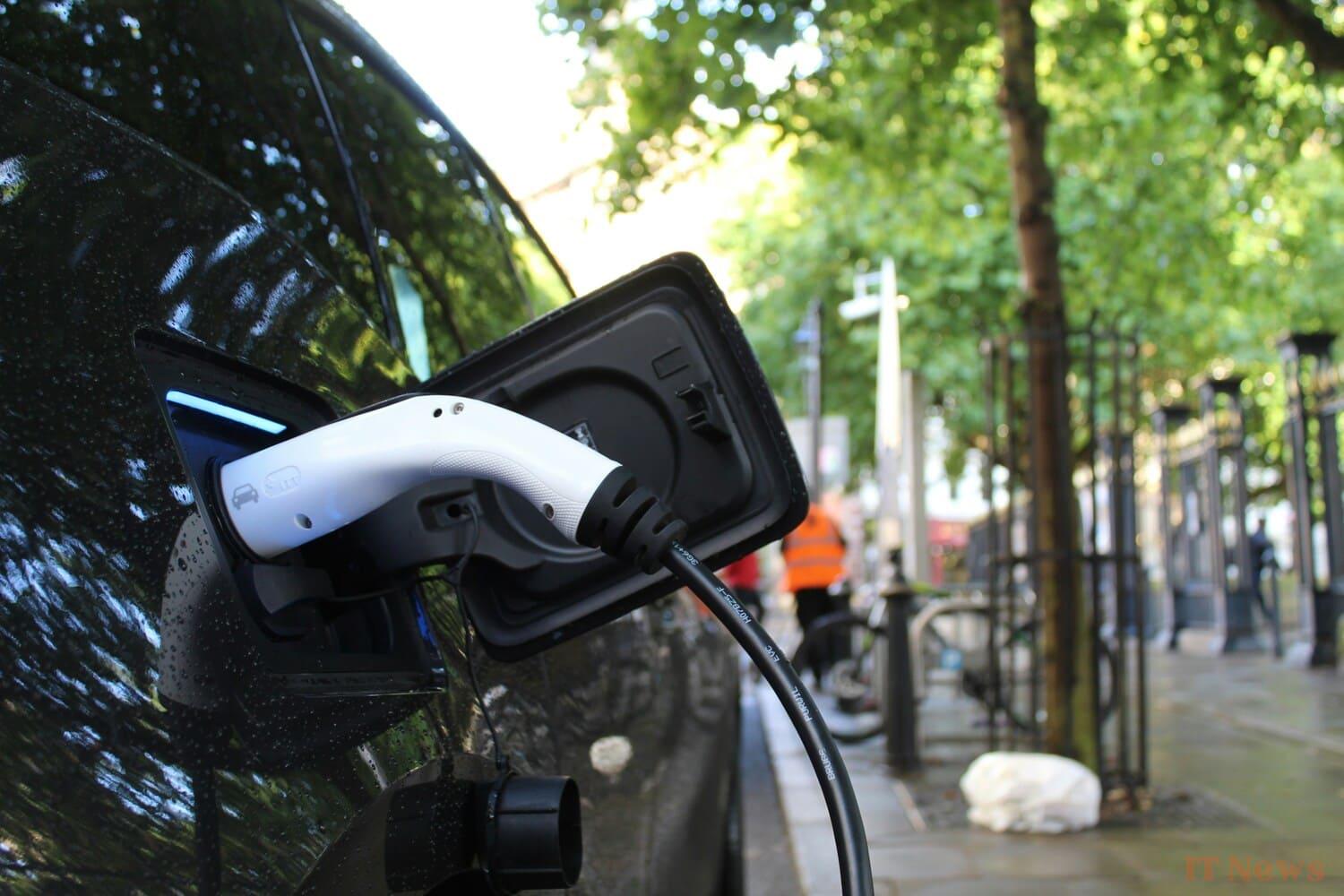The Nevada desert continues to produce wonders. In Sparks, tons of used batteries pile up in front of the white buildings of Redwood Materials. There are old cell phones, laptop batteries, and even a Hummer EV battery so big it takes up an entire square in the storage yard. Everything with a rechargeable battery ends up here, carefully sorted and prepared for recycling.
Black powder worth its weight in gold
This company's mission is simple on paper: to recover the precious metals contained in these batteries — nickel, cobalt, manganese, lithium — and give them a second life. But in reality, it's a real chemical kitchen. The batteries are heated, purified, filtered, all in facilities that look like a factory straight out of a giant tinker's dream.
Behind Redwood Materials is a well-known name in the world of electricity: JB Straubel. He's no stranger to Silicon Valley — he co-founded Tesla and served as its longtime CTO, from 2004 to 2019. He designed much of the battery architecture and powertrain for the brand's first models. Suffice it to say, he knows lithium-ion cells inside and out.
But as Tesla grew, Straubel became interested in what he calls the "back office" of electric vehicles. Not the cars themselves, but the supply chain that makes them possible. And above all, what we do with the batteries once they have given up the ghost.
“What I understood very early on is that we won't be able to electrify the entire world if we still depend on open-pit mines on the other side of the world,” he explains to Business Insider. According to him, the recycling industry is the notable absentee from the energy shift.
“We recover up to 98% of critical materials,” he assures. A nice score, especially when you consider that these metals currently have to travel 50,000 km back and forth between the United States and Asia to be processed. Redwood wants to break this absurd circuit.
The ultimate goal is to produce CAM - Cathode Active Material. Basically, a black powder composed of everything that gives batteries their power and value. And Redwood plans to mass-produce it, on site, in a huge factory still under construction.
It's a risky bet, but a strategic one. Because today, no one produces CAM at on an industrial scale in North America. Everything comes from China, Japan, or Korea. If this company succeeds, it will become a key player in the battery industry in the United States. And it already has customers: Toyota, Panasonic, Amazon... All ready to sign up for CAM made in Nevada. By 2030, Redwood hopes to produce enough to equip 1.3 million electric cars per year.



0 Comments